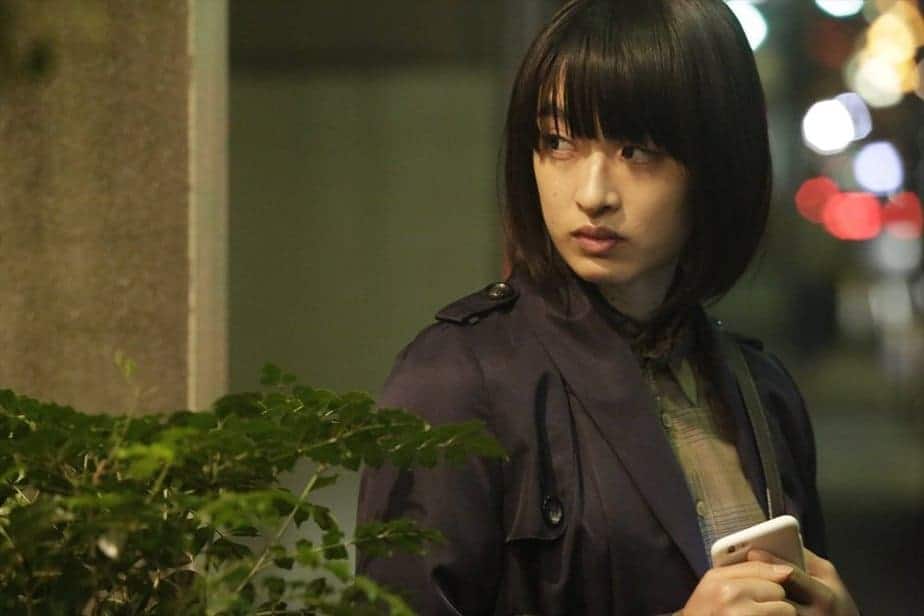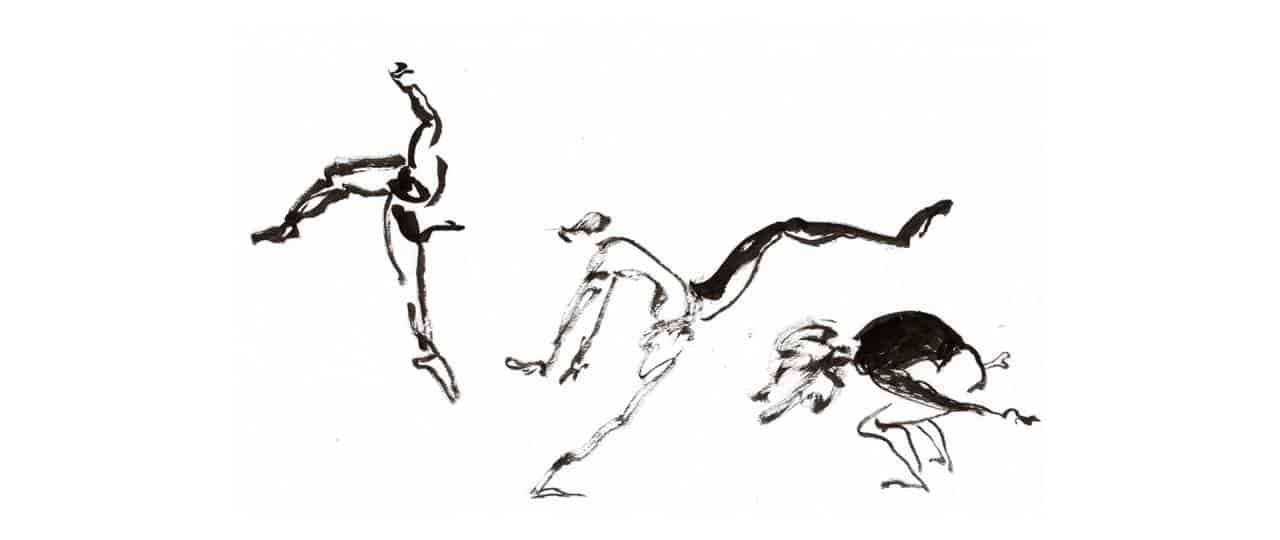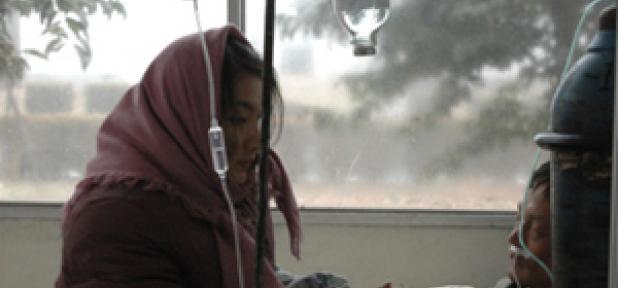By Shikhar Verma
In the contemporary world where people within a room living together have secrets, it's truly difficult to understand someone completely. All of us reflect two or more character traits because we are never really satisfied with the skin we live in. We hide our pain within these personalities and secrets, as we go on living without understanding our lives and reason for existence. In his debut feature film, Yoshiyuki Kishi explores the idea of existence through his protagonist Tama (Mugi Kadowaki), who stalks (or in her own words ‘tails') a person without realising the consequences it could possibly lead to.
“Double Life” screened at the New York Asian Film Festival
Based on Mariko Koike's novel ‘True Stories”, which was in turn based on Sophia Calle's real life works of shadowing people without any reason, the film follows Tama, a young graduate student as she struggles to make sense out of her thesis. Upon a quick glance at his table, Tama's Professor Shinohara (Lily Franky) suggests her to tail a random stranger in order to get insights of what it means to be human. The shy, self-absorbed Tama is initially reluctant to do so, but is soon swooned into the idea when her tailing becomes an act of voyeurism. She also discovers a secret about her neighbour (also her subject). Her anxiousness grows even stronger as she gets into the act, leaving her live-in boyfriend (Masaki Suda) with nothing substantial to understand her sudden change of living.
To someone who hasn't seen the film, the whole act of following a person and discovering dark secrets about them might sound threatening. It might also seem that Kishi is trying to sensationalise the act of stalking. But trust me when I say it isn't as naive as it sounds. Kishi manages to give an uncommon depth to the act of stalking and voyeurism in order to discover and investigate that every person, no matter how successful or confused they seem, is flawed from the inside. Each person has their share of pain, each person has their own misery and knowing and believing in them doesn't really devise a cure.
One of the most important subplots in Kishi's film involves a middle-aged woman who lives in Tama's society. She constantly stumbles onto Tama talking about various things that involve people of the society. Her main motive, however, is keeping an eye on people who don't throw their garbage properly. Kishi expertly blends her story where she notices people around the common dumpster through her black-and-white security camera. The point is that humans are always trying to discover flaws in other people so that we can hide their own.
Mugi Kadowaki, in a standout performance, manages to express her calm yet empty existence through an almost dialogue-less performance. So much so, that her melodramatic monologue that happens somewhere in the middle of the proceedings feels necessary.
On the onset, Kishi's film feels like a dark mystery on the lines of Christopher Nolan's “Following” (1998) and often evokes the likes of any film about infidelity seen through a third person's eye, but thankfully it doesn't lead into any of those. However, the plot that forms an essential part of the third act, which involves Lily Franky (a regular in most Koreeda films) unfolds like a mystery when it isn't one. Also, the somewhat anti-climatic moments feel a little out of place, especially when the nature of the film knows that ‘It's not just another cliched story.'
For a debut feature, ‘Double Life' shows great depth about people and the reason for their miserable existence. The camera often focuses on everyone's flawed nature and the way that the 16th century Hamlet phrase ‘To be or not to be?' is still the most haunting question of all.
















